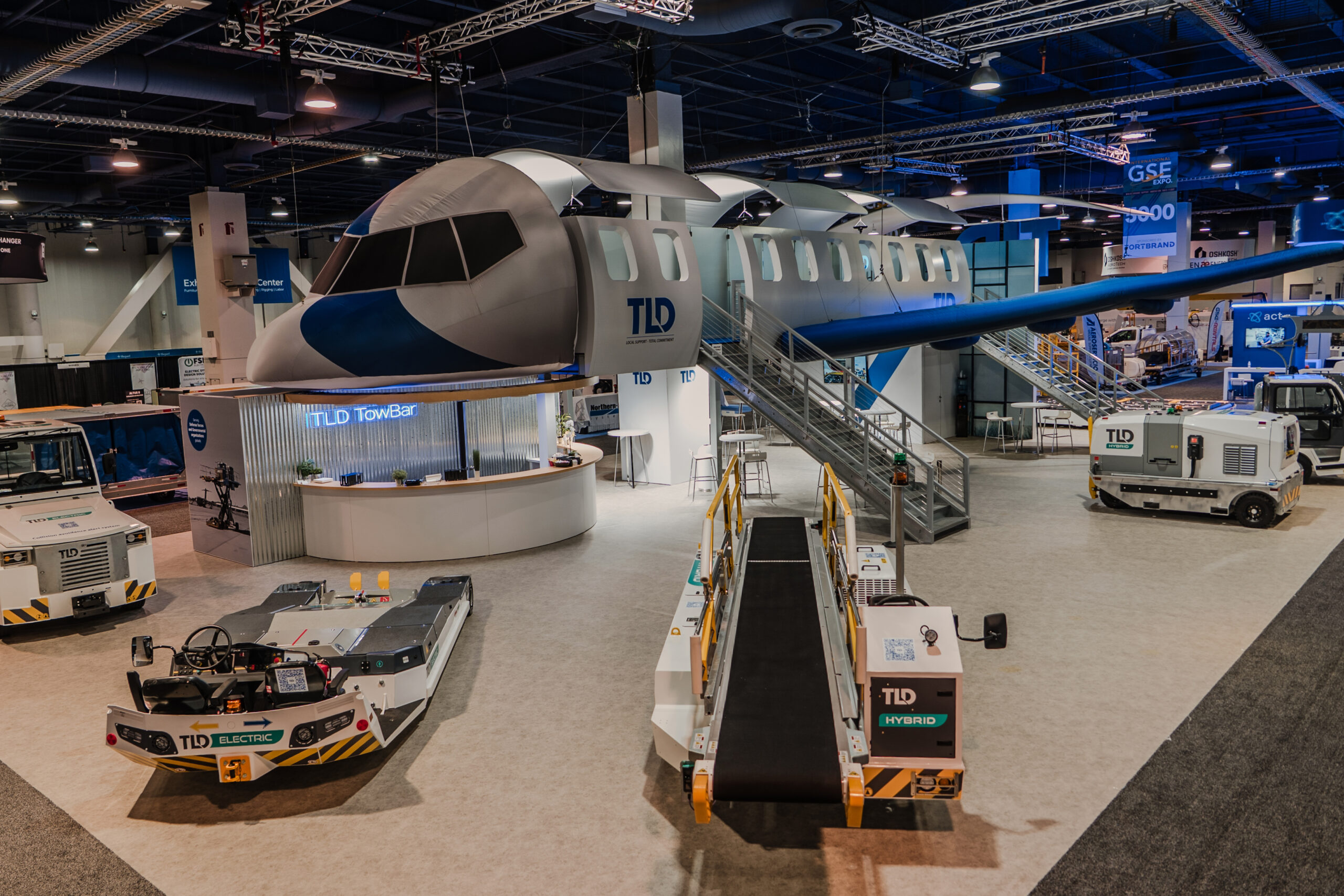Trade show cooperation is one of the most overlooked skills exhibitors need to succeed. On the show floor, deadlines are strict, services are expensive, and unexpected problems are common. Without cooperation, frustration builds quickly, which can lead to anxiety or even a meltdown. Exhibitors who know how to compromise and work with trade show management usually achieve better results and leave with less stress.

The Importance of Trade Show Cooperation
At large shows, management and contractors must keep everything on schedule. In the end, they usually have the final say because the show must go on. That does not mean you need to accept an impossible situation. Instead, trade show cooperation means aiming for solutions your company can live with, even if they are not perfect.
Understand the Trade Show Environment
People working in trade shows are not trying to make life difficult. Most enjoy the challenge of building something from nothing in just 72 hours. Exhibitors, on the other hand, often spend five to seven exhausting days onsite. Recognizing this high-pressure environment is part of trade show cooperation—it helps you stay patient and realistic.
Respect the People Behind the Show
Exhibitors frequently work with staff who are exclusive to a particular show, such as union labor, electricians, or freight handlers. Whether or not you agree with the system, trade show cooperation requires treating them with respect. Everyone is under pressure to perform, and consideration goes a long way.
Even though service has improved over the last decade, General Service Contractors (GSCs) cannot change policies in the middle of the show. Instead of arguing at the service desk, practice cooperation and raise complaints later with show management.
Practical Tips for Trade Show Cooperation
- Stay realistic. Accept that obstacles and delays happen at every show.
- Use patience and logic. Clear communication leads to better results than anger.
- Compromise when necessary. Problem-solving matters more than winning arguments.
- Save disputes for later. Document issues and bring them to management after the show.
Final Thoughts
Trade show cooperation is essential for exhibitors who want to protect their interests without burning bridges. By cooperating, compromising, and conceding when needed, you not only reduce stress but also build stronger relationships with contractors and management. In the end, cooler heads always prevail—and the show goes on.



